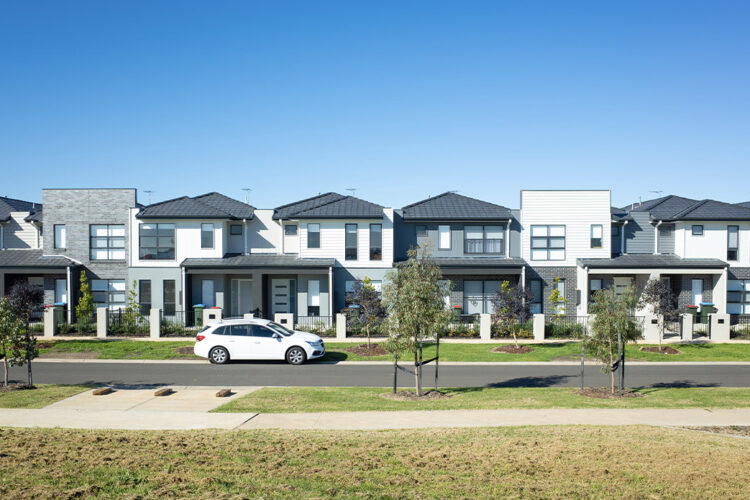Compromising on property type, location, or becoming ‘rentvestors’ will become more prevalent for first home buyers as affordability and serviceability deteriorate, according to Domain.
While the time needed to save for a deposit may have reduced recently, first home buyers (FHBs) are still hamstrung by mortgage serviceability and affordability issues when it comes to getting onto the property ladder, according to Domain.
According to Domain’s annual First Home Buyer Report, it took an average of four years and 11 months for a couple to save a 20 per cent deposit on an entry-priced house in February 2023.
This was a drop of six months on February 2022, when it took an average of five years and five months and can largely be attributed to a drop in house prices.
However, the report noted that property prices are not the only way to consider housing affordability; mortgage serviceability is another aspect, as most first home buyers take out a mortgage to buy a home.
Kareene Koh, general manager and chief executive of Domain Home Loans, said: “Rising mortgage rates have negatively impacted the costs associated with a home loan.
“The decline in prices has assisted buyers in shortening the time to save, but higher interest rates have seen the affordability of mortgage repayments deteriorate, adding a new level of complexity.
“It’s a difficult time for market entrants, but there’s still some good news. We’re seeing interest rates starting to stabilise providing a light at the end of the tunnel for the months to come,” she said, highlighting that it was important that borrowers “work out what strategies might suit [their] budget best.
For example, she flagged that knowing the types of properties that sell below their maximum purchase price will help first home buyers determine where they can buy.
However, with the prevalence of affordability at the top of first home buyers’ minds, she added that it would become a matter of compromise on property type, location, or the increasingly popular prospect of becoming a ‘rentvestor’ (buying a property where they can afford but then renting another property where they want to live).
The Domain report showcased that the time needed to save for an entry-priced unit was significantly shorter than for an entry-priced house and could result in FHBs entering the property ladder one year and six months earlier than saving for an entry-priced house.
Location can also make a significant difference, with affordability usually improving the further the distance from the city.
Domain’s economist Dr Nicola Powell commented: “It helps if a first home buyer is flexible on the type of property and location they want. A neighbouring suburb or a unit in your ideal area might offer much better value.
“The decentralisation of our workforce has supercharged affordability for some with remote working bringing increased flexibility and greater housing choice,” she continued, though noted that this is not available to all workers.
“When navigating the first home buyer’s market, considering property type and location, or even becoming a rentvestor, can all be worthwhile.
“Government incentives can be advantageous in shaving off years to an entry-priced deposit such as the federal First Home Guarantee program which allows low-deposit purchases without mortgage insurance. In NSW and some other states, first home buyers can also take advantage of shared equity schemes which reduce the upfront and ongoing costs of taking out a home loan.”
The issue of home affordability in Australia has been of ongoing focus recently, as property prices still remain at above-average levels and rental prices skyrocket amid a supply shortage.
The federal government has been seeking to pass its bill to establish its $10 billion Housing Australia Future Fund to help build 30,000 affordable homes.
The fund aims to invest the $10 billion and then spend the earnings on both affordable and social housing projects.
The bill was debated in Parliament on Wednesday (22 March) but had not passed at the time of writing.


